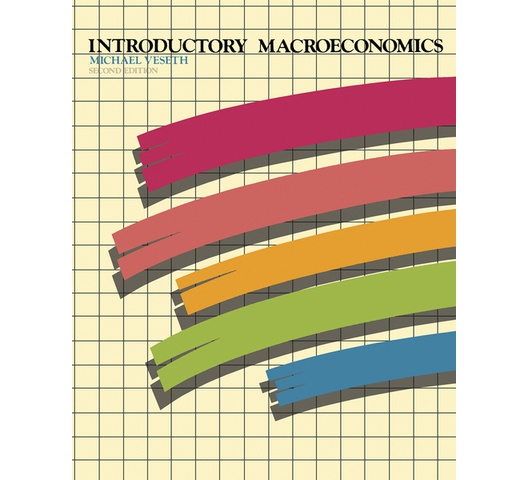
Introductory Macroeconomics
Introductory Macroeconomics, Second Edition deals with national economic issues, such as unemployment, inflation, the aggregate demand-aggregate supply model of macroeconomics, government economic policy, exchange, rates, international trade, and finance. The book examines national economic problems, economic goals, the role markets play in the economy, price control, unemployment, and inflation. By using the Phillips curve trade-off, the text notes that inflation increases the demand for labor. In the long term, according to the long-run Phillips curve, increased inflation does not actually lessen unemployment levels (known as the natural unemployment rate hypothesis). The text also examines whether minimum wage laws are necessary (to fight poverty, prevent exploitation) or cause poverty (in which the imposition of minimum wage results in lower demand for unskilled labor). The book notes that politics and unions favor minimum wage laws. The poor, uneducated, and unskilled laborers are left out. The text also tackles goals and trade-offs: for example, that economic growth suffers from both inflation and unemployment, or the trade-off that preventing unemployment only results in worse inflation problems. Economists, sociologists, professors in economics, or policy makers involved in economic and social development will find the text valuable.
KES 10,916

International delivery
Free click & collect
| UPC | 9781483257686 |
|---|---|
| Author | Michael Veseth |
| Pages | 426 |
| Language | English |
| Format | |
| Publisher | Elsevier Science |
| SKU | 9781483257686 |
None

